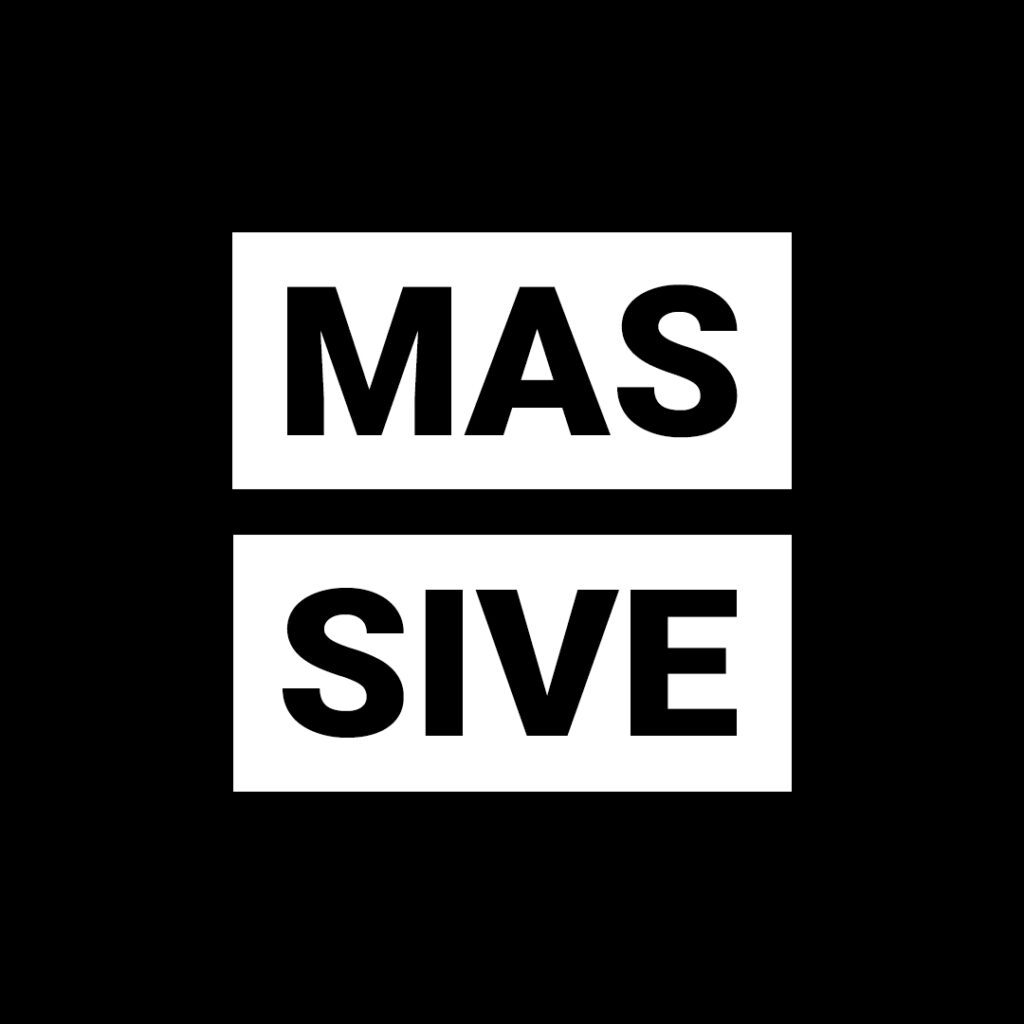Seeing ‘unfortunately’, ‘ it is my regret’ or ‘although’ in an email saying you didn’t get the job never usually comes with a good feeling.
Take it from me, I’ve gotten two in the last month. One admittedly I wasn’t expecting to get, but the other I actually had my hopes up for. They especially hurt since I’d never been rejected for a job in my entire life.
But I came to realize it wasn’t the end of the world. I just had to go back to the drawing board and try again. So, I’ll share how I got over the past few weeks in the shortest possible time.
Be honest with yourself
It may be a bit cliché, but honesty is actually the best policy – especially honesty with yourself.
Lying to ourselves makes things harder than they need to be. And I use ‘our’ instead of ‘you’, because I’m definitely including myself in this group. Sometimes we hang our hats where we can’t reach them or we lie to ourselves to make ourselves feel better. I’ll share a very hard to digest secret. Self pity is the worst form of pity. Feeling sorry for ourselves all the time won’t get us anywhere.
So, replay the interview or the assessment and think about how it went. Did you sell yourself well? Did you do the best job at the assessment? Revisit your resume. Do your qualifications meet their standards? Would you really give others a run for their money? Be honest.
Sometimes we have hope that things will work out and the harsh reality is hope isn’t always enough. You may have had a great resume, but didn’t sell yourself well enough. You may have sold yourself well but didn’t have the best resume. If you think you had both, check out the next few steps.
Be gentle with yourself
As human beings, we are hard on ourselves sometimes and don’t give ourselves enough credit. I know I said no self pity, but being gentle with ourselves isn’t about pity. It’s about acknowledging that we did our best and there’s no use beating ourselves up about things we can’t control.
Not getting the job isn’t the end of the world and doesn’t mean we’re failures or aren’t good enough. It really just means the hiring manager saw someone else who was a better fit, and that’s okay. We shouldn’t take things like these personally. Plus, dwelling on our failures and sulking won’t make us better, it’ll make us miserable. We should use our failures to plan our next move.
So, when you get the bad news, don’t beat yourself up too much. Acknowledge that at the time you did what you could. See what you can do better for the next time. Looking forward is always better.
Find out why you didn’t get the job
This step comes with two warnings: this step is only for the brave-hearted and results may vary. Trying to decipher what went wrong during a job application process may drive us crazy. We may think we ticked every box, but the hiring manager may think otherwise. We don’t know what they were looking for in our interview, so we can’t say for sure that we deserved the job. I know what they say about curiosity, but I think it would be helpful for us to know what went wrong, right?
If you’re curious, shoot them an email. I can’t guarantee that all hiring managers would be willing to walk you through your faults. But, it’s worth a try. Knowing exactly what went wrong may just give you all the answers you need to do better on the next interview. You may not like what you hear, but that’s why you need a brave heart. Plus, you asked.
So, reach out. Find out what went wrong, then work on your weak areas.
Do something you like till you shoot your next shot
Self-love really is the best love.
Our natural reaction to hard times, almost always, is feeling down. Nothing’s wrong with that, we’re human. Emotions are meant to be felt. So, we just have to choose how we deal with them. Doing things we enjoy is a great way to counteract bad news. It won’t erase the bad news, but we’ll feel a little better. Taking breaks to do things we like isn’t procrastination or avoidance, it’s self-care.
Don’t practice going back to the drawing board immediately after a major disappointment. Take a break. Watch a movie, put your favourite playlist on repeat, do some cleaning. Do whatever puts you in a good mood. You may just get the motivation you need to get back to that drawing board.
If you didn’t get the job, then get back to job hunting
Disappointment sometimes stops us from trying again. It’s a fair feeling to have. We feel embarrassed and want to give up.
But that isn’t the right approach. You should use the first four steps to prepare yourself to try again. We can sulk, but we can’t sulk forever. (Well, we can, but we probably shouldn’t.) Accepting defeat doesn’t get the job done. So we have to start over and try again.
Ok, so, now that you’ve watched the entire Twilight series again on Netflix, it’s time to get back to work. Giving up is not the answer. Use steps 1 to 4 in this article to help you get back to hunting with a fresh perspective.
You should have acknowledged your faults, rested and figured out your new game plan. So, you should be ready to attack LinkedIn, send emails out and prepare for your next interview.
Job hunting isn’t for the faint of heart. Don’t let a rejection letter stop you from trying again. Recoup, rebuild and start again. You’ll thank yourself for it.





